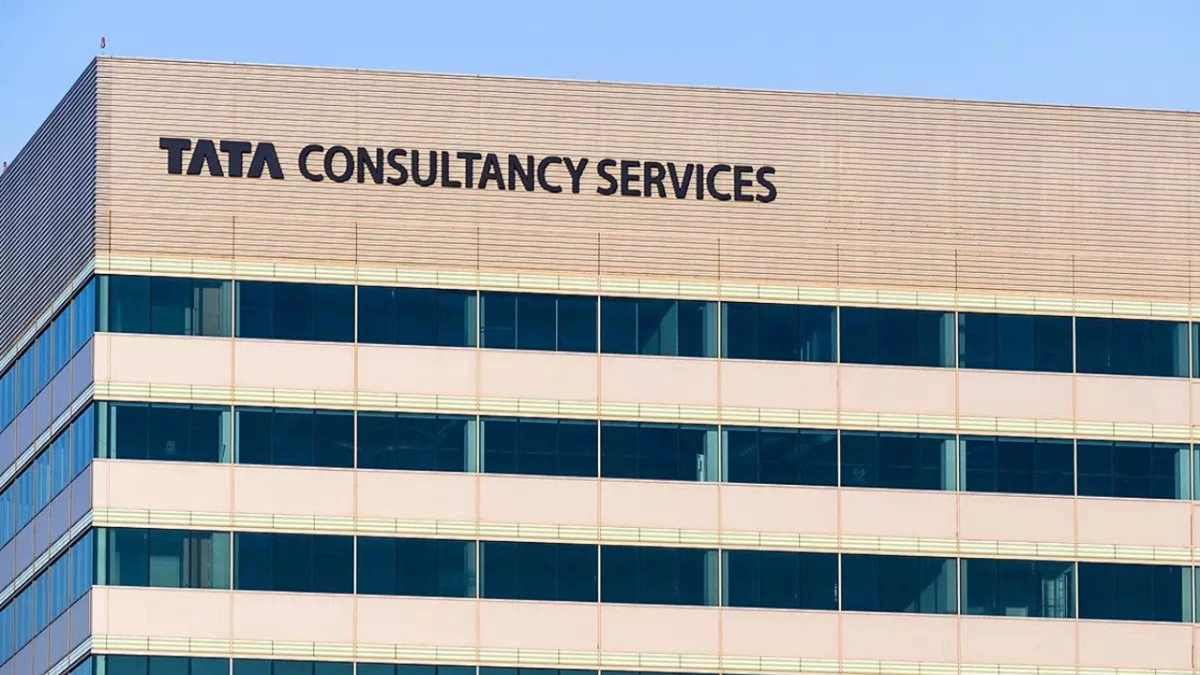Tata Consultancy Services (TCS), India’s leading IT services provider, has reported disappointing financial results for the January-March quarter, falling short of market expectations in both revenue and profit metrics. This marks the second consecutive quarter where TCS has not met analyst forecasts. The company attributed this underperformance to unexpected project delays in March and the nearing completion of a key contract with BSNL, which contributed less to revenue than anticipated.
Project Delays and Market Challenges
During a recent earnings conference, TCS CEO K. Krithivasan expressed concerns regarding project deferrals that occurred in March. “Initially, we anticipated revenue growth exceeding 1%, but the reality was different. However, it’s encouraging to see growth across all business sectors and major markets,” he noted.
The company is also facing challenges linked to tariffs imposed by the Trump administration, which have resulted in slower decision-making processes and a hesitancy in discretionary spending among clients.
- Operating Margins: Despite an increase in revenue, TCS saw its operating margins decline by 30 basis points sequentially, settling at 26.3% for the quarter.
- Investment in Growth: TCS CFO Samir Seksaria pointed out that the company had provided a full cycle of salary increments and invested heavily in capability building and infrastructure, which impacted their margins.
Strong Contract Wins Amid Financial Struggles
TCS reported a robust total contract value (TCV) of $12.2 billion from new deals, a noteworthy increase from $10.2 billion in the previous quarter. The company has also declared a final dividend of ₹30 per share.
Looking ahead, Krithivasan remains optimistic about the future, stating, “We anticipate CY25 will outperform CY24 given our order book and the deals we’ve secured. While there may be short-term challenges, we expect FY26 to be stronger than FY25.”
Sector Performance Overview
In terms of sector performance, TCS’s largest segment, financial services, exhibited a 2.5% year-on-year growth. In contrast, the consumer business saw a slight decline of 0.2 basis points.
- BFSI Growth: The Banking, Financial Services, and Insurance (BFSI) sector, particularly in North America, has performed well. Krithivasan noted, “BFSI, especially in North America, remains strong, although there is some softness in the insurance sector.”
- Healthcare and Manufacturing Declines: Revenue from life sciences and healthcare dropped by 5.6%, while the manufacturing sector experienced a decline of 2.9%.
On the flip side, the technology and services sector grew by 1.1%, and energy, resources, and utilities saw an uptick of 4.6%. Notably, revenue from regional markets surged by 22.5%.
Regional Revenue Trends
TCS’s revenue from North America decreased by 1.9% year-on-year, now making up 48.2% of total sales. Conversely, revenue from Europe and Asia Pacific saw positive growth—UK revenue increased by 1.2% to 16.8%, and revenue from Continental Europe rose by 1.4% to 14.3%. Remarkably, revenue from India surged by an impressive 33%, now accounting for 8.4% of total revenue.
AI as a Growth Driver
The company is also experiencing significant momentum in the GenAI sector, which has become a critical growth driver. “There are no cancellations in AI deals; this technology is pivotal for our growth and expanding our order book,” Krithivasan stated.
However, TCS is still cautious about the impact of US tariffs on discretionary spending among clients, particularly in sectors such as consumer retail and automotive, where decision-making has slowed.
- Impacted Sectors: Retail, including travel and hospitality, alongside the automotive industry, has faced challenges, while manufacturing seems to be performing relatively well.
In summary, TCS is navigating a complex landscape of project delays and market uncertainties, yet it remains committed to leveraging new technologies and strengthening its order book for future growth.











